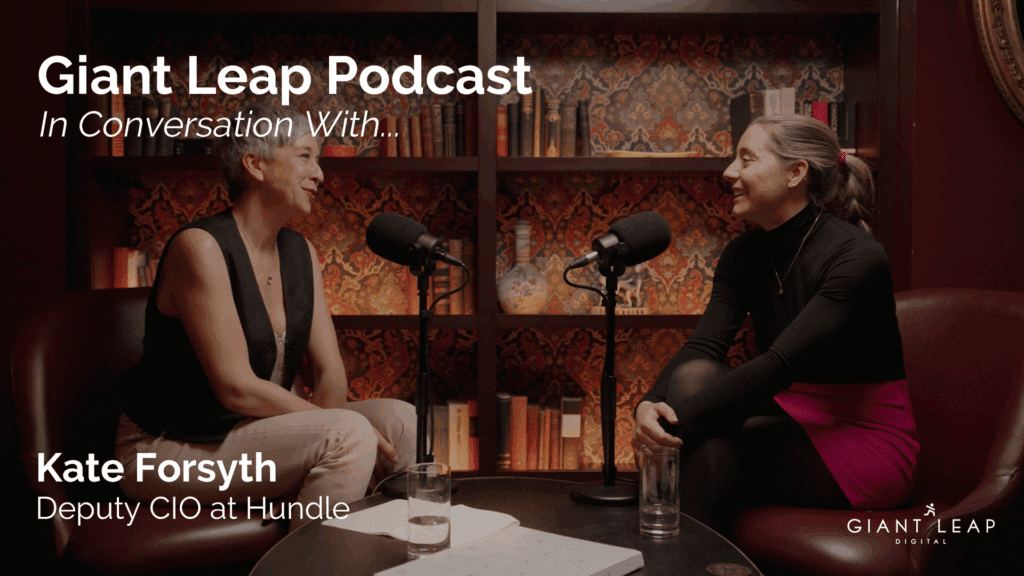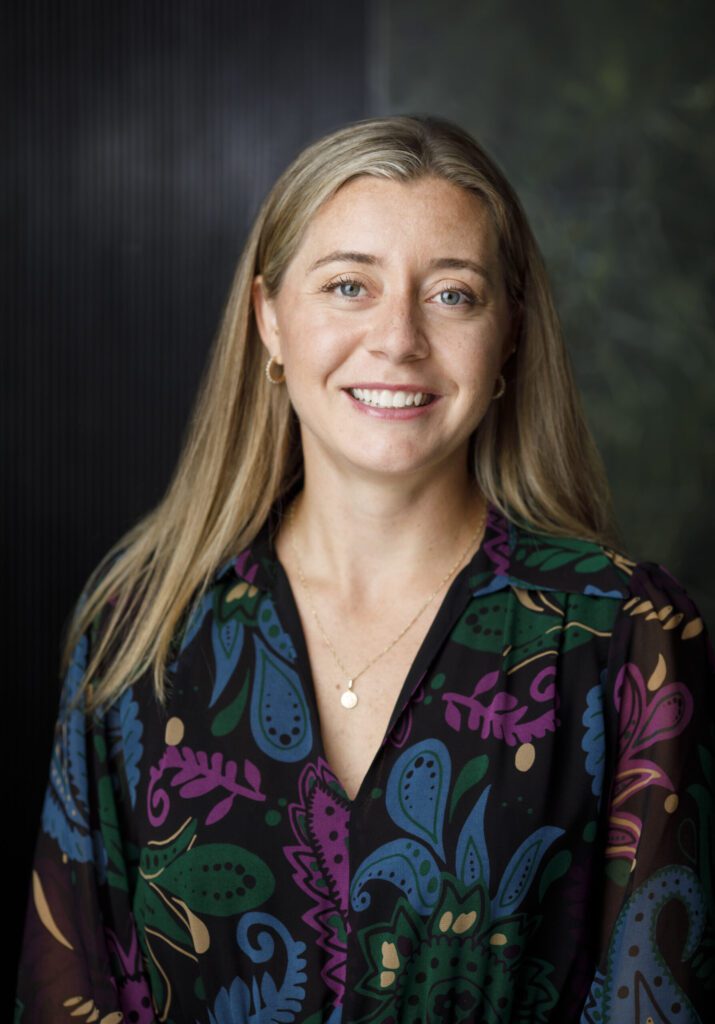The New Face of Wealth
For most, the term “family office” evokes an image of impenetrable wealth—old money, conservative portfolios, closed-door conversations. But speak to Kate Forsyth, Deputy Chief Investment Officer at Handel, and a more nuanced picture emerges. Family offices, she explains, are no longer just financial guardians. They are architects of legacy, stewards of values, and increasingly, agents of cultural change.
“Today, what’s very different,” Forsyth says, “is that it goes just beyond finance now—to wellbeing, legacy, and building not just financial capital but also cultural capital.”
With geopolitical tensions, generational shifts in values, and the digitization of once-exclusive asset classes, the remit of the family office is rapidly expanding. At the centre of that evolution is a profound question: What does it mean to be wealthy in an era defined by visibility, responsibility, and volatility?
From Rockefeller Roots to Purpose-Led Portfolios
Modern family offices can trace their origins back to the Rockefellers, who created the model to manage a single family’s wealth with personalized attention. While single family offices still exist, today’s multi-family offices like Handel democratise access to bespoke financial services.
“In simple terms,” Forsyth explains, “they were created to help families solve any problem—mostly financial, but increasingly also emotional and generational.”
Handel caters to families with £5 million or more in investable assets, supporting everything from estate planning and investment strategy to passion projects like art collecting and philanthropic foundations. The distinction, Forsyth says, lies in becoming a “trusted advisor”—one who can anticipate both what a client wants and what the world demands of them.
Wealth as a Vehicle for Impact
If one theme runs through Forsyth’s philosophy, it’s this: the era of wealth accumulation for its own sake is over. Legacy, once measured in balance sheets, is now being recast in the language of impact.
“We’ve had this 40-year peace dividend,” she says, referencing postwar stability and economic growth. “That’s allowed people to get comfortable with going beyond just financial security. They now look outwards and think, ‘How can I make a difference?’”
For the new generation of ultra-high-net-worth individuals, especially women, this shift is palpable. Forsyth highlights the rise of donor-advised funds, philanthropic ventures, and passion-led investment portfolios that speak to identity and intention.
“Women have different priorities,” she notes. “They want a legacy that’s not about how much they left to their children, but how they used that wealth to do good.”

Investing in Passions—and Preservation
Beyond equities and bonds, Handel’s portfolios increasingly include “real assets”—fine art, wine, whisky, jewellery, and cars. Once niche, these assets now represent a meaningful part of how wealth is experienced, preserved, and passed on.
“You can take your children to the distillery where your whisky is stored,” Forsyth says with a smile. “It’s about connection. That sense that wealth is more than just numbers—it’s about experiences, heirlooms, and memory.”
Fractional ownership is making these markets more accessible, albeit not without risk. Forsyth stresses the importance of due diligence and regulation in this emerging space, especially as fraud cases rise.
“We’re that intermediary you can trust,” she says. “We do the hard work—site visits, reference checks, financial reviews—so clients can invest with confidence.”

Navigating a Fractured World
The backdrop to all this is a world in flux. From Trump-era protectionism to the war in Ukraine, family offices are navigating a global realignment that is reshaping how and where money moves.
“We’ve lived through 20 years of benign economic conditions,” Forsyth explains. “That made it easy to accumulate wealth. But we’re moving into a more volatile regime—one we’ve only seen two or three times in the last century.”
These regime shifts demand not only diversification, but also emotional intelligence. Some clients, she says, remain calm. Others feel the tremors more viscerally. In both cases, Forsyth’s role is the same: to help them focus on what they can control.
“You’re not investing for tomorrow,” she tells them. “You’re investing for 10 or 20 years from now—for your children, for the world they’ll inherit.”
Women, Wealth, and the Rise of Cultural Capital
For Forsyth, the rise of women in finance is not just a matter of equity—it’s a reflection of shifting client needs. Studies show that by 2025, over 60% of UK wealth will be controlled by women, and that wealth is often deployed differently.
“We’ve gone from husbands driving the client relationship to seeing more women leading financial decisions,” she says. “They ask more questions. They care about impact, education, and family. And they want to feel worthy of the wealth they inherit or create.”
Inside Handel, over 50% of the team is female. Forsyth herself has never felt limited by her gender—but she acknowledges the importance of mentorship, visibility, and structural change.
“When women control wealth, good things happen,” she says. “And it’s wonderful to be in a space where that can thrive.”

AI, Tokenisation, and Tomorrow’s Opportunities
It wouldn’t be a modern investment conversation without AI—and Forsyth is candid about its utility.
“I use it like I’ve got two extra analysts on my team,” she says. “It’s brilliant for drafting, research, and soundboarding.”
While clients still crave human resonance—“AI can’t help you plan for three children who don’t get on,” she quips—she sees real opportunities in AI-led startups and tokenized asset models. But again, trust and transparency are key.
“You need due diligence. You need partners who’ve done the work. Otherwise, it’s too easy to fall into hype or fraud.”
The Future of Wealth is Emotional
Ultimately, Forsyth believes that wealth is becoming more emotional, more visible, and more vulnerable. Families now want advisors who can offer not only returns, but reassurance.
“We’re moving from an era of excess to one of stewardship,” she says. “The families I work with don’t just want to feel rich—they want to feel responsible.”
Whether through philanthropy, real assets, or just thoughtful planning, the goal remains the same: control what you can control, ignore the noise, and build something that lasts.
Key Takeaway
In an age of uncertainty, the role of the family office is evolving from financial gatekeeper to cultural curator. Wealth, once defined by accumulation, is now shaped by intention—and the most future-facing families are those investing not only in markets, but in meaning.
For more stories on the future of luxury, finance, and cultural capital, visit giantleapdigital.co.uk and follow us on Instagram @giantleapdigital.


